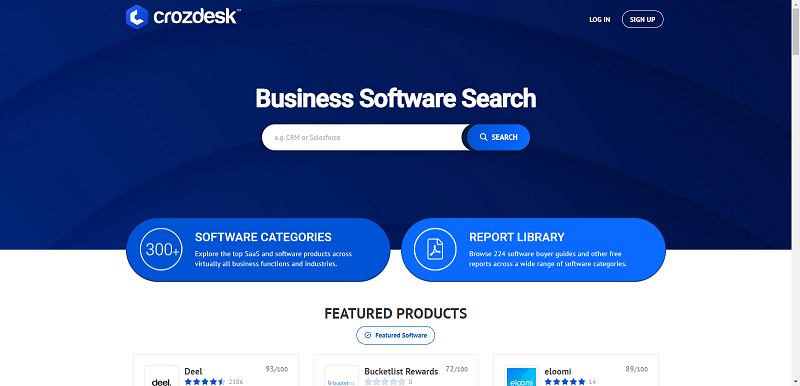You’ve just won $50,000! Or, perhaps you qualify to go on a ’round-the-world cruise or drive away in a brand-new car. No matter the prize, it will always seem too good to be true — because it is.
You get a call, text or email, and excitement takes over. The skeptical part of your brain turns off, and instead, you’re dreaming of white-sand beaches. Once hooked, you’ll hear the catch — to claim your prize, you’ll have to pay “taxes,” “processing,” “shipping” or some other erroneous fee.
Many unsuspecting people pay this money. However, the prize will never arrive, because it never existed. In three years, almost 500,000 people reported encounters with a lottery, prize or sweepstakes scam, with losses totalling $117 million in 2017.
If you want to stay safe, keep an eye out for the six red flags below.
You will remember if you entered a competition or the lottery. As a reminder of the transaction, you’ll typically get a ticket or receipt. With a scam, on the other hand, you’ll magically “win” without the need to enter.
If someone tells you that you’ve won a prize, whether through the mail, phone or email, always research the company. Many scammers will claim you won a foreign lottery. Keep in mind that it’s illegal to play another country’s lottery, and winning is not possible.
Have you ever gotten a message on Facebook saying you’ve won a new iPad or a $100 Walmart gift card? One Nebraska man, John, received a very similar message. A scammer — masquerading behind a fake profile of one of John’s friends — asked if he had collected his $100,000 prize money.
John’s scammers told him to expect his money via “Fed X” within the next 24 hours, as long as he sent $900. He did. Then he had to cover other fees, like “escort officers” and some type of certificate. By the end of this ordeal, John lost $9,000 and never received his “prize.”
If you get notice of winning a lottery or prize, check if the notification was mailed bulk rate. This postage option allows scammers to cheaply send the same letter to people en masse. With the bait sent to so many, chances are one will fall victim.
One man, Jim, was suspicious when he received a letter congratulating him on winning millions in Spain’s lottery. Out of curiosity, he called the number. The voice on the other end of the line told him he must pay $2,500 in taxes to collect his winnings. As a counter, knowing the operation was a scam, Jim offered $1,500.
Never wire money to someone you don’t know. The request to wire money is a common tactic in scams, as the funds are untraceable and non-refundable. Once sent, it’s out of your hands forever.
If someone sends notice claiming you’ve won the lottery, do not send them money. A request for payment is a blazing red flag indicative of a scam. A legitimate organization would never require a fee to collect your prize. Real lotteries also require a ticket or receipt to win.
You’ve won a pair of airline tickets to Jamaica, along with five-star accommodations. To collect your tickets, all you have to do is sit through a short presentation with no purchase required. Sounds legit, right? While the practice is legal, the operation is a scam.
If you agree to attend, you’ll likely sit through an hours-long high-tactic sales pitch. The presenters will pressure you to make an expensive purchase and threaten you with future regrets. Claiming your “prize” becomes an impossible task, and instead, your goal becomes to escape the sales vultures.
You’ve received notice you’ve won the lottery or a cash sweepstakes. The money arrives in the mail in the form of a check. Everything seems legitimate, even if you never entered the competition to begin with. You cash the check, and it clears. You spend money and then, a couple of weeks later, you learn the check has bounced.
Many fall victim to this prevalent form of the lottery scam, including an older woman named Virginia. She received a letter saying she’d won $5 million in the European lottery. Once she deposited the check, she got a notification to send cash to another person — which she did. Now, Virginia is out $74,000.
Fake lottery scams are alive and well. While many take on the stereotypical form of poorly spelled emails or obviously fake texts, others disguise themselves as legitimate operations.
You might receive a fancy letter in the mail or an official-sounding phone call. However, if you’re aware of red flags to search for, you can keep yourself safe from lottery scams.
By Kayla Matthews





